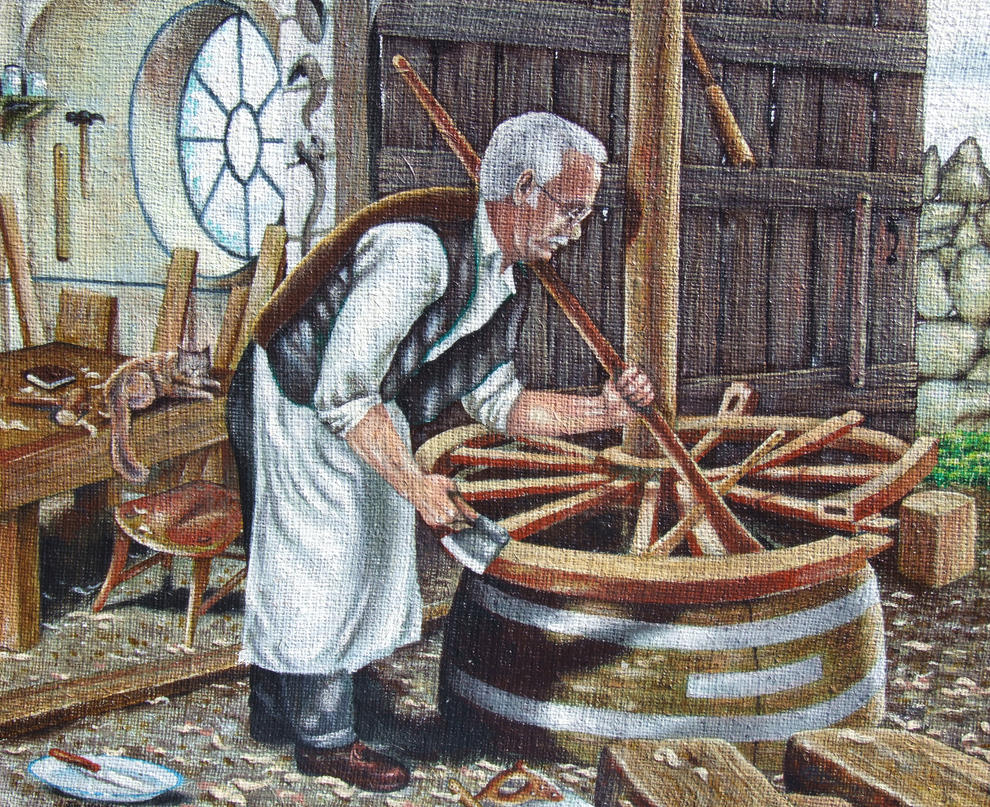Yes, it can be this simple

If I were a wheelwright, I would probably raise an eyebrow at stories like “Philadelphia man invents the wheel.” Since I create organizational incentives for a living, that was my initial reaction to this story, via the NYT:
In August, I wrote about the design and implementation of a profit-sharing plan for my business. I decided to try this because my company has a long history of producing poor (or no) profits…
The plan began with the second quarter of 2013, and here’s how it has worked out: We made a profit in three of the four quarters that followed.
It’s easy to joke about someone reinventing the wheel, but there is a difference between creating wheel, and creating a wheel that doesn’t come off when the road gets a little rough. A good incentive plan only gets that way after considering what, exactly, we want to motivate, and designing the plan to do that using the minimum number of moving parts needed to function effectively. I was impressed with the way this business owner went through that process, and what he ended up with:
If there is a profit, 30 percent of it goes into a profit pool. Half of that pool is split among all of the workers except me (because I keep the other 70 percent), and the other half is split just among the production employees (everyone except the two commissioned salesmen and the bookkeeper). The splits are all even, meaning lower paid and higher paid workers get the same share. If there is no profit in a quarter, there is no payout. A loss in one quarter gets subtracted from the subsequent quarter’s profits before any bonuses are paid out — but I don’t claw back previous bonus payments if there is a loss in a subsequent quarter.
Plans like this are becoming rarer, especially at larger or public companies. Of course, no plan is perfect. This plan was designed to encourage teamwork and a holistic focus on the business. I’m sure this owner will at some point get grief from his most productive people for pulling along the free riders. And he will be dealing with morale and retention issues when the market turns against his company for more than a couple of quarters. Whatever he does to ameliorate or prevent those problems will beget others. That’s life.
Nevertheless, his plan is impressive. This owner did not create sports car wheels for a motorbike, and he did not create the wheels within wheels that many compensation experts would consider “best practice.” He just thought about what he needed to get his business to the next level, and used his authority to do it right and keep it simple.

Add A Comment